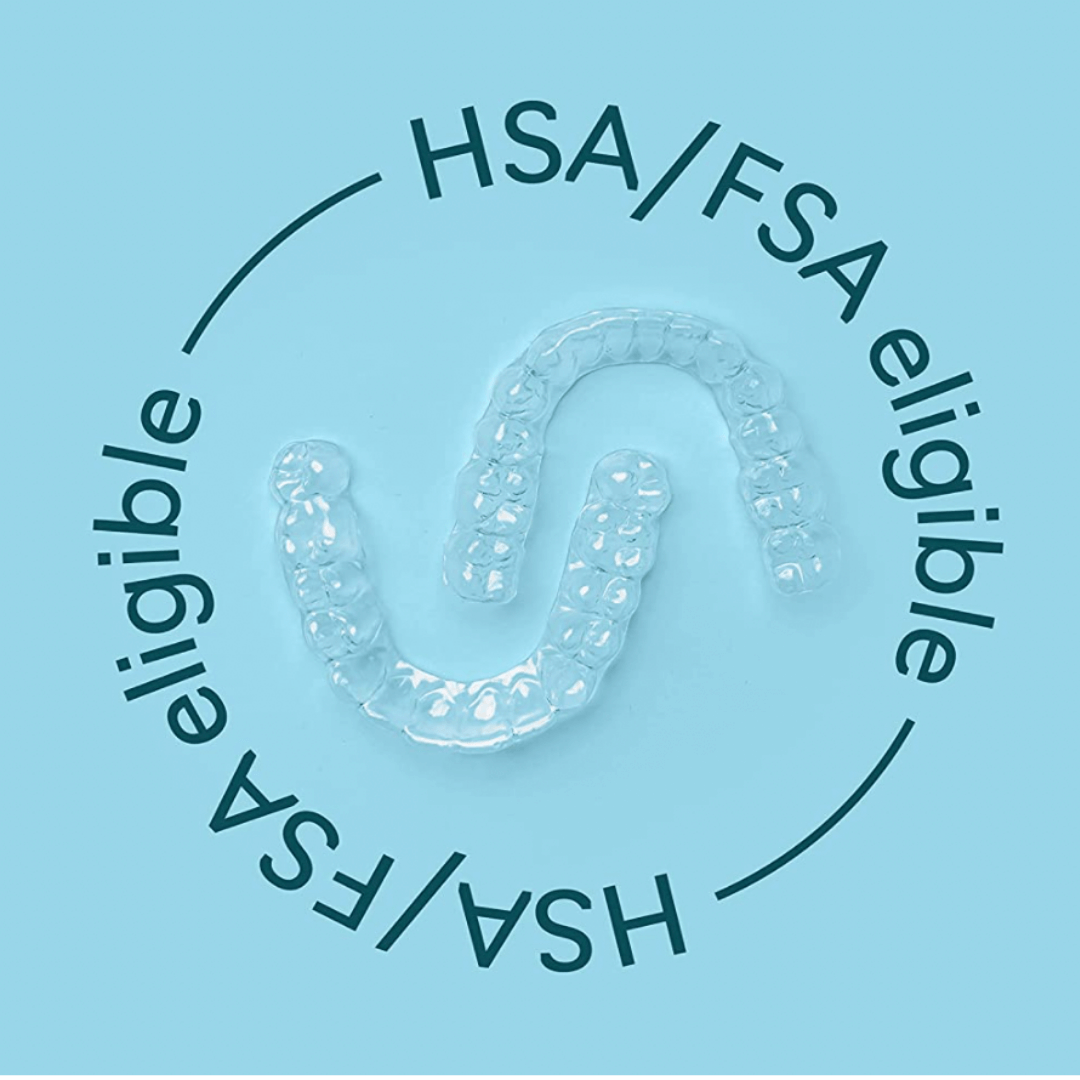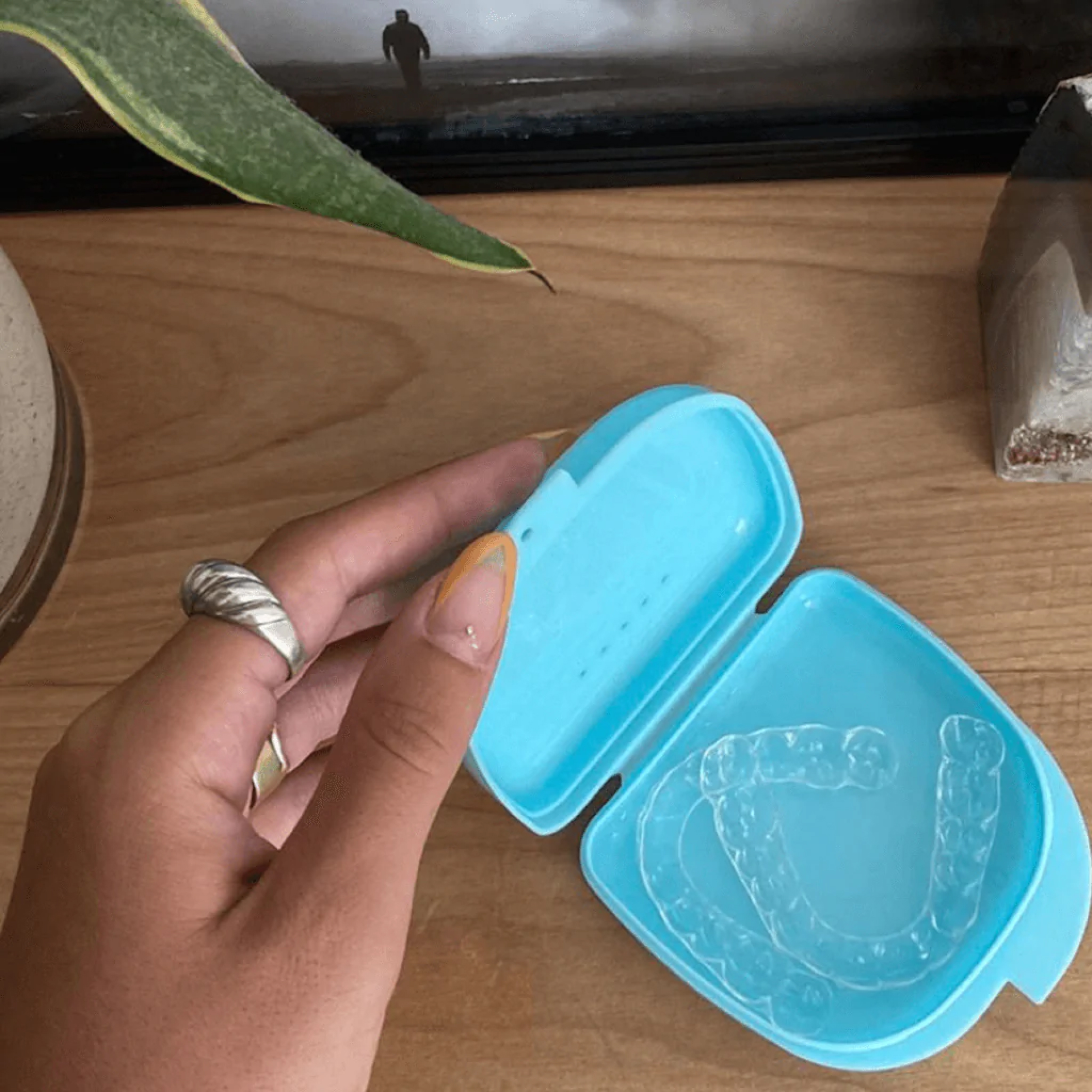Does Wearing a Custom Night Guard Cause Discomfort?
A custom night guard is a device designed to protect your teeth and jaw from the effects of bruxism, or teeth grinding. Many people who suffer from this condition may wonder if wearing a custom night guard would cause discomfort. In this article, we'll explore the composition of night guards, discuss factors affecting their comfort, common issues and solutions, and provide tips for maximizing their effectiveness while minimizing discomfort.
Understanding Night Guards
A night guard is a dental appliance that is worn during sleep to prevent the harm caused by clenching and grinding the teeth. Teeth grinding, also known as bruxism, can cause a variety of dental problems, such as worn-down teeth, chipped teeth, and even tooth loss. Additionally, bruxism can lead to headaches, jaw pain, and other uncomfortable symptoms.
Fortunately, night guards can help alleviate these problems by functioning as a protective barrier between the upper and lower teeth. By redistributing the pressure of teeth grinding and reducing the strain on the jaw muscles, night guards can help prevent damage to the teeth and alleviate symptoms of bruxism.
What is a Custom Night Guard?
A custom night guard is a dental device that is specifically tailored to an individual's mouth. Custom night guards are designed based on impressions taken by a dental professional, which ensures a precise fit and maximum comfort. The process of creating a custom night guard typically involves taking impressions of the teeth and sending them to a dental laboratory, where the night guard is fabricated.
Custom night guards can be made from a variety of materials, but they are typically made of plastic or acrylic materials. Hard night guards are made from a rigid material and are best suited for individuals with severe bruxism. Soft night guards, on the other hand, are made from a softer, more flexible material and are better suited for individuals with mild to moderate bruxism. Combination night guards, which are made from a combination of hard and soft materials, are also available.
How Do Night Guards Work?
Night guards work by creating a physical barrier between the upper and lower sets of teeth, cushioning the impact of teeth grinding and clenching. This reduces the amount of wear and tear on the enamel of the teeth and alleviates stress on the jaw muscles. By eliminating direct contact between the teeth, night guards can also help minimize the risk of developing temporomandibular joint (TMJ) disorders or worsening existing TMJ problems.
In addition to protecting the teeth and jaw, night guards can also help improve sleep quality. Bruxism can cause disruptions to sleep, leading to daytime fatigue and other problems. By reducing the symptoms of bruxism, night guards can help individuals get a better night's sleep and wake up feeling more rested and refreshed.
Overall, night guards are an effective and non-invasive treatment option for individuals with bruxism. By protecting the teeth and jaw, reducing symptoms, and improving sleep quality, night guards can help individuals lead a more comfortable and healthy life.
Factors Affecting Night Guard Comfort
While a custom night guard is designed to provide the best possible fit and effectiveness, certain factors can still influence the overall comfort of wearing the device.
Material and Thickness
The material and thickness of a night guard can play a significant role in its comfort level. Softer materials are generally more comfortable to wear, particularly for those with sensitive gums or teeth. However, harder materials may be more effective in preventing teeth grinding as they provide greater durability and resistance against wear. The thickness of the night guard can also affect comfort, with thinner guards being more comfortable for the wearer but potentially less effective in preventing teeth grinding.
Proper Fit and Adjustment
A properly fitted night guard is essential for both effectiveness and comfort. An ill-fitting night guard can cause discomfort and irritation to the gums, as well as impair speech and breathing. Although custom night guards are designed for a precise fit based on dental impressions, adjustments may still be necessary over time due to changes in the teeth, gums, or jaw. Regular visits to a dental professional can help ensure that the night guard remains properly adjusted and comfortable to wear.
Individual Sensitivity
Each person has a unique level of sensitivity in their mouth, and some individuals may be more prone to experiencing discomfort while wearing a night guard. Factors such as gum sensitivity and dental issues can contribute to varying levels of comfort. Consultation with a dental professional can help identify and address these concerns.
Common Discomfort Issues and Solutions
Wearing a custom night guard may present some initial concerns, which can usually be managed with time and appropriate measures.
Initial Adjustment Period
It is normal to experience an adjustment period when first wearing a custom night guard, as the mouth becomes accustomed to the new appliance. This period typically lasts a few days to a week, during which the wearer may experience minor discomfort. Gradual introduction of the night guard and wearing it for progressively longer periods can help ease this adjustment.
Dealing with Excessive Saliva
Some people may find that wearing a night guard causes an increase in saliva production. To manage this issue, try swallowing more frequently and avoid drinking a large amount of water before bed. This issue usually resolves itself over time as the body adjusts to the presence of the night guard.
Managing Soreness and Pressure
Soreness and pressure on the teeth, gums, or jaw may occur as a result of wearing a night guard. This is typically a result of the appliance applying pressure to redistribute the force of teeth grinding. To alleviate these issues, try wearing the night guard for shorter periods, applying warm compresses to the jaw area, and using over-the-counter pain relievers as needed. Consult a dental professional if pain or discomfort persists, as this may indicate a need for adjustments to the night guard.
Tips for Maximizing Night Guard Comfort
Although wearing a custom night guard may initially cause some discomfort, there are several strategies that can be employed to enhance comfort and reduce any issues that may arise.
Gradual Introduction
Rather than immediately wearing a night guard for the entire night, try gradually introducing it by wearing it for an hour or two each night and progressively increasing the duration over a few weeks. This allows the mouth to gradually become accustomed to the appliance and can help minimize initial discomfort.
Proper Cleaning and Maintenance
Regular cleaning and proper maintenance of the night guard are crucial for maintaining its effectiveness and ensuring that it remains comfortable to wear. Cleaning the night guard daily with a soft toothbrush and non-abrasive toothpaste, as well as rinsing with water before and after use, can help prevent the buildup of bacteria and plaque. Additionally, storing the night guard in a proper case when not in use can protect it from damage and maintain its shape.
Consultation with a Dental Professional
Working closely with a dental professional is essential for maximizing the comfort and effectiveness of a custom night guard. Regular dental visits will allow for adjustments and modifications to be made as needed, ensuring that the night guard remains well-fitted and comfortable to wear. Furthermore, a dental professional can offer guidance on additional strategies for managing bruxism and other related issues.
In conclusion, while wearing a custom night guard may initially cause some discomfort, this can often be managed with the proper strategies and adjustments. The benefits of wearing a night guard to protect the teeth and jaw from the harmful effects of bruxism far outweigh any temporary discomfort experienced. Consultation with a dental professional can help ensure the best possible experience with a custom night guard.




